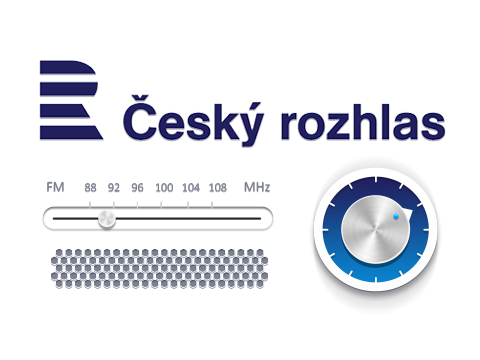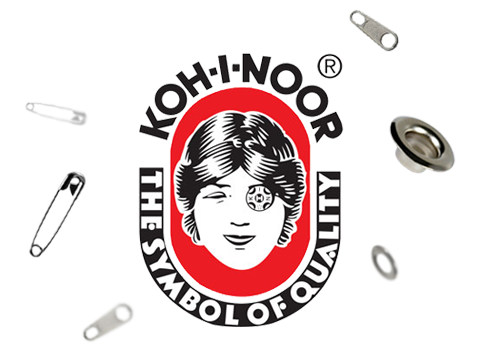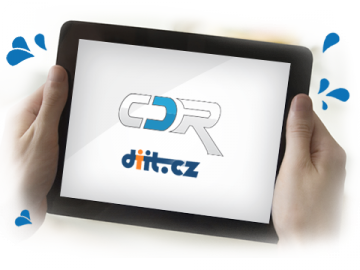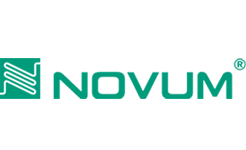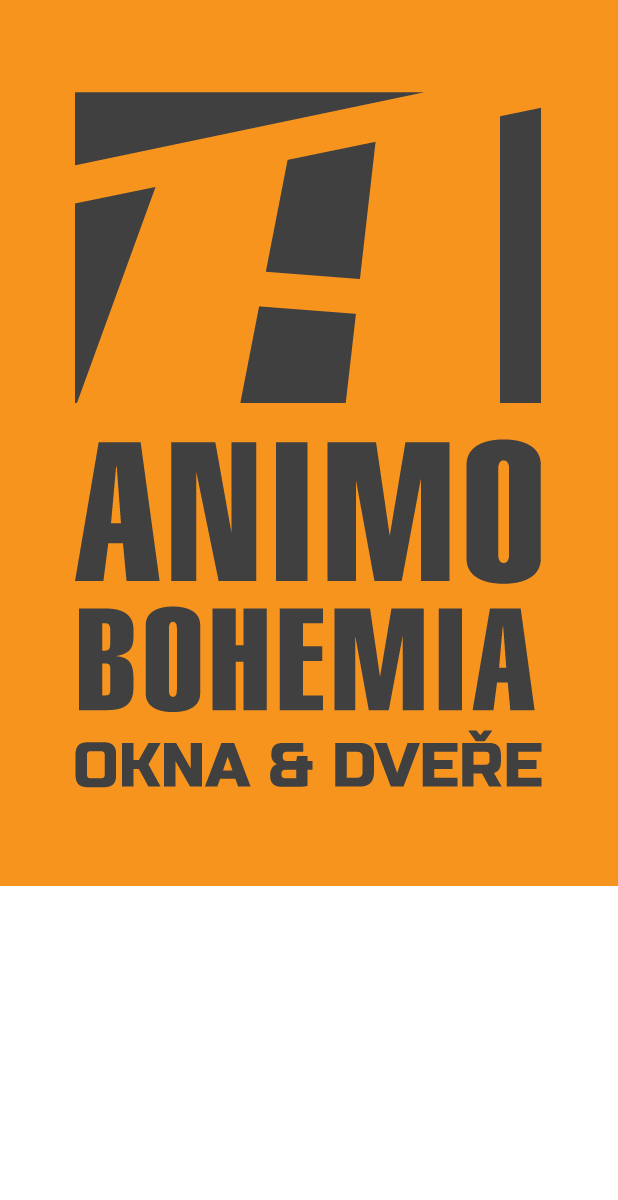The first version of Drupal appeared 20 years ago. Its purpose was to share news and information among university colleagues without the need Internet access. A year later its online version was launched - at that time under the name Drop. The first official version of 2001 has been named as Drupal. Technology enthusiasts almost immediately have become popular with the system, as evidenced by the fact that over a million websites are currently running on Drupal. Drupal has recently been transformed from a classic content management system to a framework on which anything can be built - from personal or product websites to corporate websites, e-shops, intranets, etc. In the following lines, we will show you why Drupal is the best choice for large media sites.
1. Emphasis on performance
With the implementation of the cache system, Drupal is the perfect choice for even the largest portals that face a massive flow of users every day. The new cache API allows the use of tags and contexts that support more accurate cache invalidation. Our major clients - FTV Prima, Czech Radio and Czech Television - also made sure of this. For example, can you imagine the CT24 website suddenly slowing down and being highly unstable in the live broadcast of the Ice Hockey Championship? We do not, and therefore we bet on Drupal. The Prima website was Drupal's first success in the Czech Republic.
2. Symfony2
One of the significant changes came with the release of Drupal 8. Thanks to the Symfony2 framework, Drupal uses elements that have been used in the PHP world for some time. Programming has also become less "Drupal specific", allowing the development base to expand to thousands of individuals.
3. Cost savings
In connection with the developer base, it is worth mentioning the achievement of cost savings. Whenever you need advice or module for atypical feature, contact this community (not only foreign but also Czech). Being an open-source solution, you pay no license fees, and no development fees, as the Drupal community is in charge. Web management is no longer a negligible item. So you can invest differently, for example, for an effective marketing strategy that is a must for media sites.
4. Speed of realization
Given the fact Drupal has a rich range of ready-made solutions, it is not always necessary to start from nothing. If you do not need a 100% custom module, then it is advisable to look for some existing solution and to program it according to specific requirements.
5. Promotion and marketing
You are certainly interested in the promotion and marketing opportunities that the platform offers. It is mainly SEO that allows easy creation of metadata. For social networks, you'll appreciate the addition of a quick share button and a FB remarketing pixel. It's also easy to connect analytics tools like Google Analytics and Google Search Console to know user traffic and behaviour.
6. Customization
Drupal is highly modular, flexible and scalable. So there is no risk that when you change the content management system, you also have to change all business processes. Custom modules will solve everything for you.
With the launch of Drupal 8, the Twig system was used as the default template systém allowing simple syntax. Background Twig compiles templates into PHP to avoid loss of performance, which is the alpha and omega for large sites, and you will achieve the attractive design quickly and cheaply. Besides, it is highly user-friendly.
7. API
Nowadays, it is more than ever necessary to ensure that data is displayed in various forms (web, mobile applications, feeds, export to social networks). Drupal 8 allows the creation of APIs directly in the kernel, leading to a full backend.
8. Safety
Security is the traditional strength of Drupal, the need of which is particularly relevant for today's information society. The Drupal Association has its security team that tests every new version of the system as well as newly published modules. As an owner of a big site, you don't want to be hit by a variety of hackers or competitors.
9. User comfort
Nowadays, the rule is: “Content is what it sells.” It is therefore appropriate for the system to be intuitive in terms of content management, allowing editors to focus on writing texts rather than on broken links in buttons or incorrect formatting.
10. Simple creation of multilingual web
In Drupal, you have a choice of up to 100 different languages to implement. So if you run a large media site, you will appreciate this fact, allowing more comfortable and faster penetrate international markets.
The information as mentioned above is not just empty phrases. We have built and run several websites on Drupal. It is worth mentioning the websites: We like Drupal, travel online magazine Cestovinky, housing magazine Bydlíme kvalitně or magazine for women Jsme kočky. Their traffic is continually increasing without facing a downtime.



